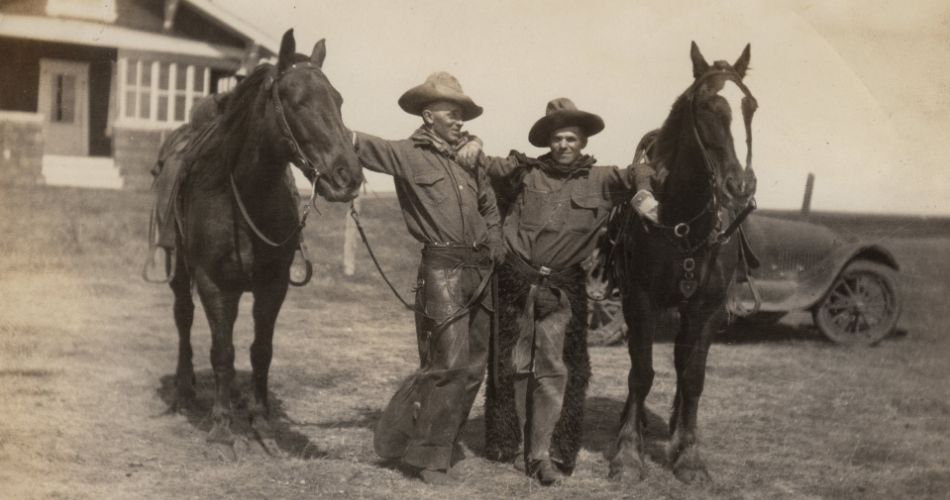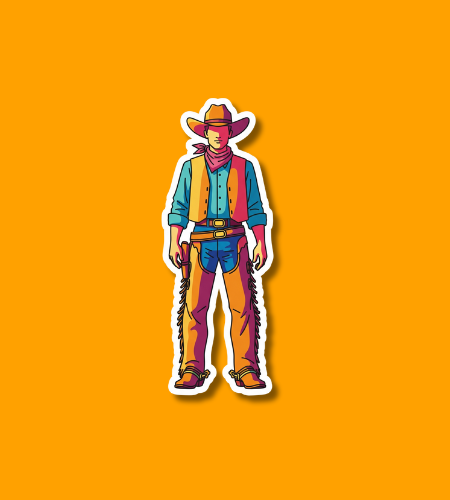National Day of the Cowboy, observed on the fourth Saturday in July, celebrates the rich legacy and enduring spirit of cowboys and cowgirls across America. 1
History of National Day of the Cowboy
This day was established in 2005 when the U.S. Senate passed Resolution 138, declaring the fourth Saturday in July as National Day of the Cowboy to honor the cowboy’s role in shaping American history and culture. Since then, the nonprofit National Day of the Cowboy organization has championed its recognition, with states like Texas adopting it through legislation.
Over time, the day has grown into a vibrant celebration hosted by museums, ranches, and community groups. The National Cowboy & Western Heritage Museum hosts a flagship event on July 26, 2025, featuring presentations by cowboy cook Kent Rollins and family-friendly activities such as barrel racing and mechanical bull rides. Other venues, like the Briscoe Museum in Texas, honor cowgirl and vaquero traditions during the same weekend. 2
Why is National Day of the Cowboy important?

This celebration reminds us that cowboys and cowgirls are far more than symbols in movies—they represent real people who built communities, drove cattle, and bridged cultures, especially the legacy of vaqueros and Indigenous riders. It’s a day to recognize how their unique skills, dignity, and heritage shaped the American West and left lasting marks on culture and folklore.
The day also brings together diverse communities to share stories and traditions—from western cooking demos to storytelling sessions—all while highlighting the evolving ways indigenous and cowboy cultures intersected. It’s a lived celebration of respect, heritage, crafts, and the timeless values of hard work, courage, and kinship.
- It shines light on lesser‑known cowboy traditions
- It strengthens pride and continuity in rural and western communities
- It highlights the contributions of cowgirls, vaqueros, and Indigenous riders
- It encourages support for western arts, crafts, and heritage preservation
- It creates space for storytelling across generations
How to Observe National Day of the Cowboy
Celebrating is easy and heartfelt. In your community, check local museums or heritage centers for events—like the Flint Hills Discovery Center in Kansas or the National Cowboy Museum in Oklahoma City—where you can enjoy cowboy cooking demos, crafts, or storytelling sessions. If you can’t attend in person, bring the spirit home: host a backyard BBQ with western-style recipes or gather friends to watch a classic western film paired with cowboy songs.
Simple gestures also honor the day: wear a cowboy hat or bandana, learn a line dance, or share a cowboy poem. If you have family roots tied to ranching or cowboy life, take time to record stories or photos—preserving personal heritage is living celebration. It’s about connection—to land, to community, and to a way of life that’s still alive in spirit.
- wear something western and talk about its roots
- cook or grill a cowboy‑style meal with friends
- attend a local western heritage event
- ask older family members to share stories or photos
- dust off cowboy music, poems, or books to share
National Day of the Cowboy Dates Table
| Year | Date | Day |
|---|---|---|
| 2025 | July 26 | Saturday |
| 2026 | July 25 | Saturday |
| 2027 | July 24 | Saturday |
| 2028 | July 22 | Saturday |
| 2029 | July 28 | Saturday |
- https://nationaldayofthecowboy.com/[↩]
- https://nationalcowboymuseum.org/national-day-of-the-cowboy/[↩]
Subscribe to our newsletter and never miss a holiday again!

